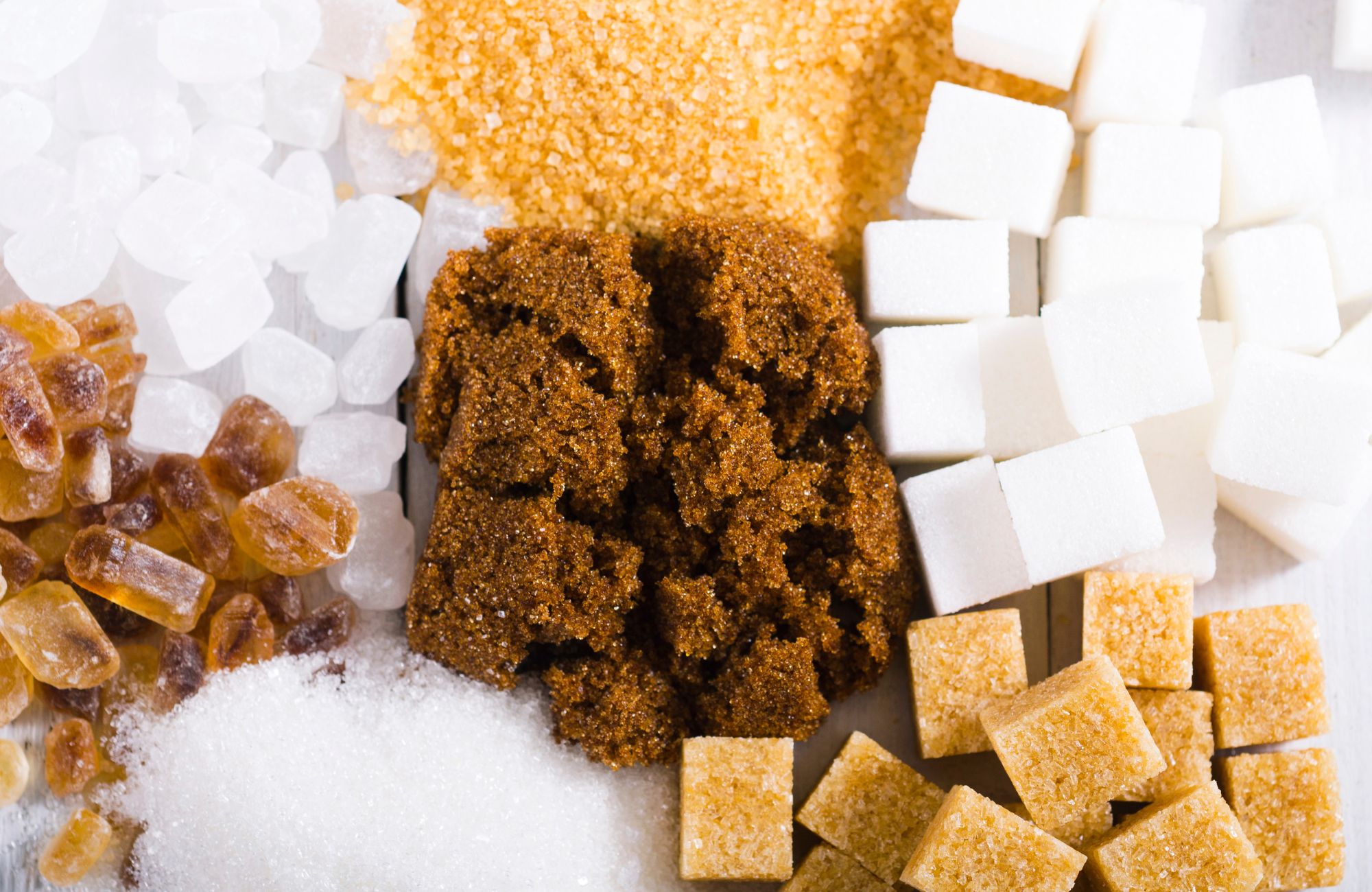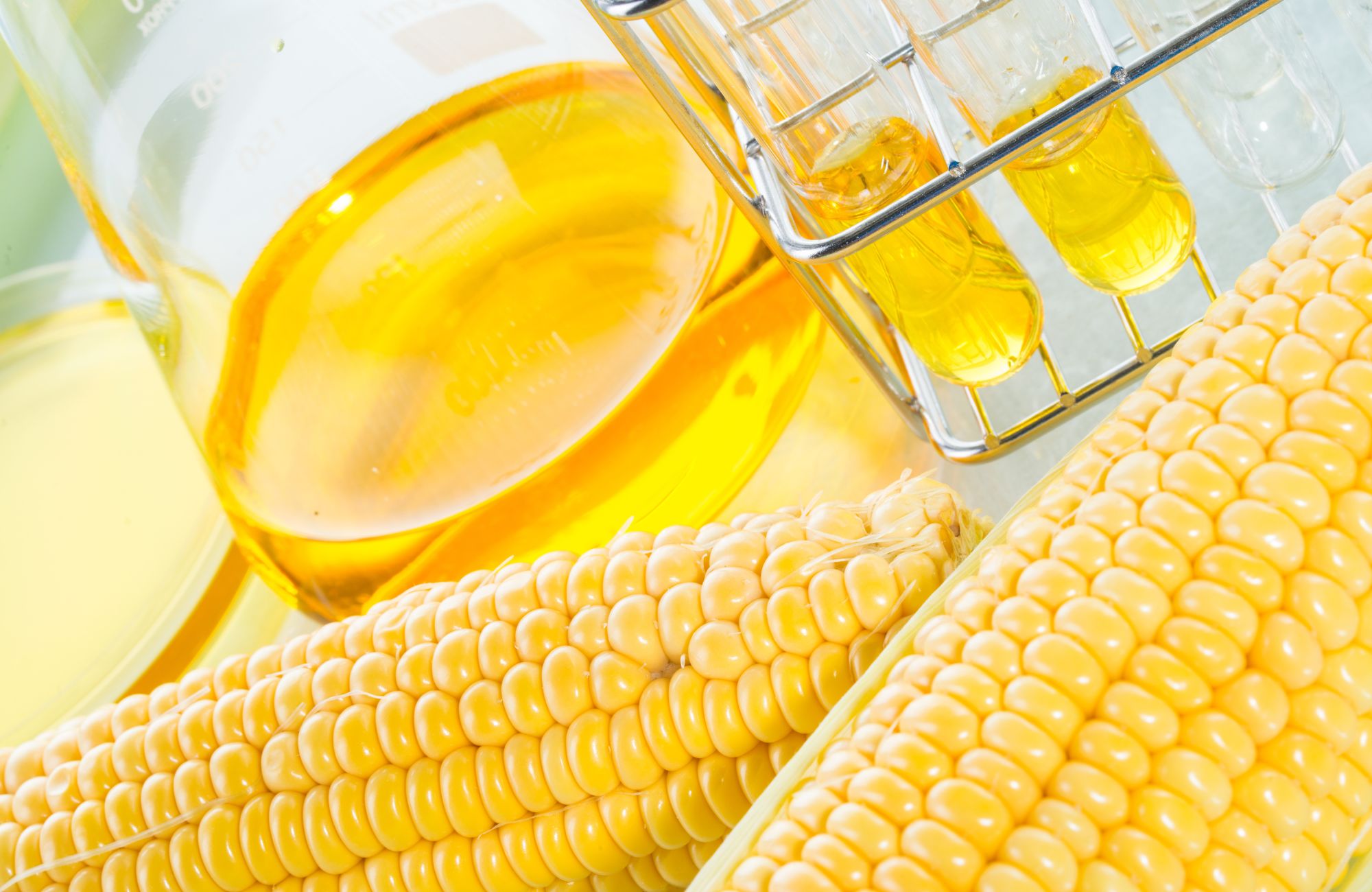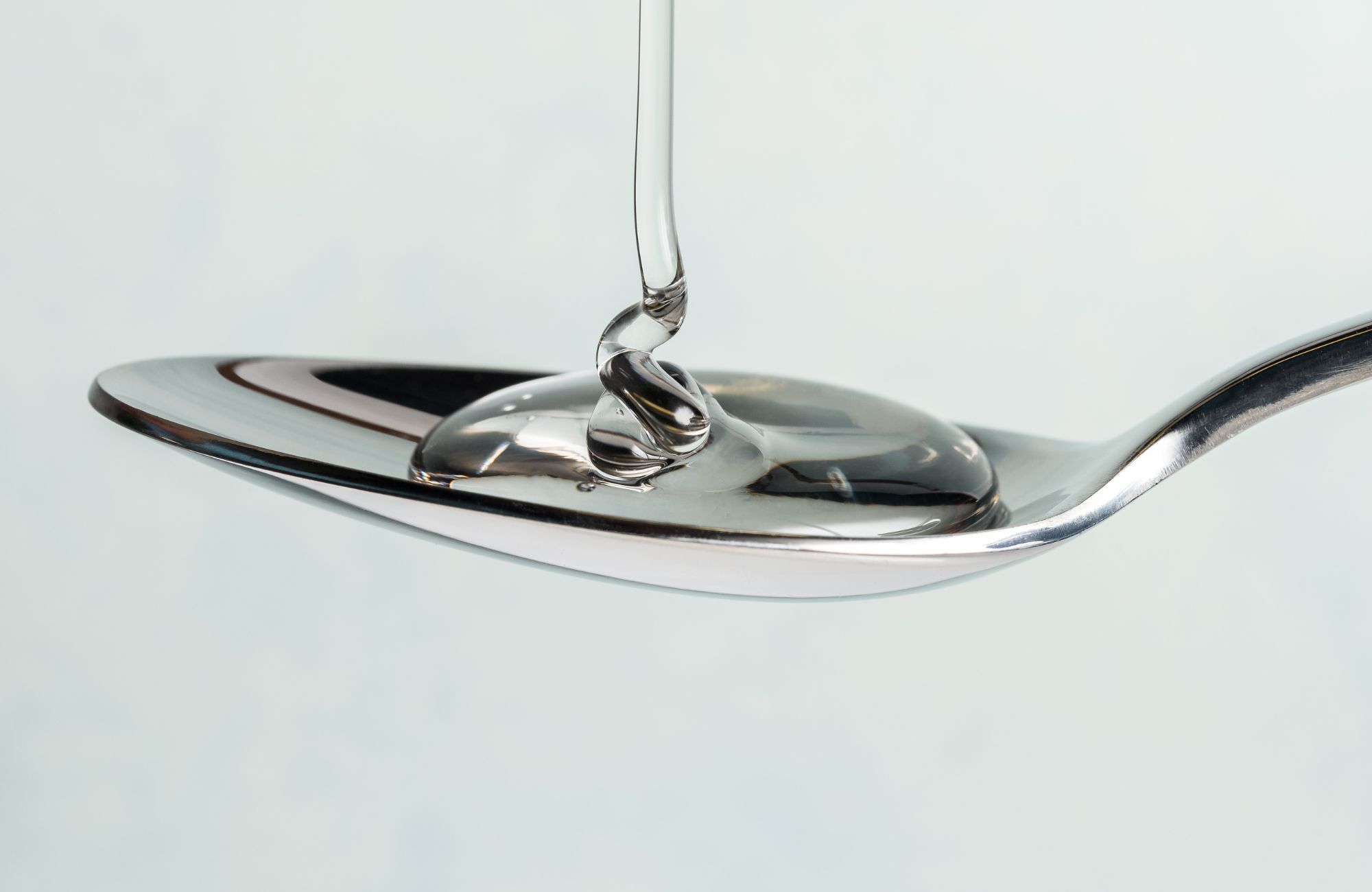
Can I Substitute Brown Sugar for White Sugar?
You’re halfway through baking your favorite chocolate chip cookies when you realize—you’re out of white sugar! The recipe calls for a cup, but all you have is brown sugar sitting in your pantry. We’ve all been there, frantically wondering: “Can I substitute brown sugar for white sugar?” before deciding whether to continue or make an emergency grocery run.
The good news? In most cases, yes, you can substitute brown sugar for white sugar in your recipes. But before you make the swap, it’s important to understand how this substitution will affect your baked goods—from texture and moisture to flavor and color.
Understanding Sugar Basics
Before diving into substitutions, let’s take a moment to understand what makes these two common sugars different.
- White sugar (also called granulated sugar) is highly refined sugar made from either sugarcane or sugar beets. During processing, all the natural molasses is removed, resulting in neutral-flavored, dry crystals that dissolve easily and create a clean, sweet flavor in recipes.
- Brown sugar is essentially white sugar with molasses added back in—anywhere from 3.5% molasses in light brown sugar to 6.5% in dark brown sugar. This addition creates the characteristic moist texture, caramel-like flavor, and darker color that brown sugar is known for.
The molasses content is the key difference between these two sugars and explains why substituting one for the other isn’t always a straightforward swap.
Can You Substitute Brown Sugar for White Sugar?
The simple answer: Yes, in most recipes, you can substitute brown sugar for white sugar in a 1:1 ratio (cup for cup). While the substitution works, it will change your finished product in several ways.
How Brown Sugar Affects Your Baked Goods
- Moisture: Brown sugar contains more moisture due to the molasses content. Your baked goods will likely be softer and more moist.
- Texture: Expect chewier cookies and denser cakes when using brown sugar instead of white.
- Flavor: Brown sugar adds a distinct caramel or butterscotch note, resulting in a noticeable flavor change compared to white sugar.
- Color: Your baked goods will turn out darker, sometimes significantly so.
- Spread: Cookies made with brown sugar may spread differently during baking.
Understanding these changes helps you decide whether the substitution makes sense for your specific recipe.
Recipe-Specific Guidelines for Substitution
Not all baked goods respond the same way to a brown-for-white sugar swap. Here’s a breakdown by recipe type:
Cookies
Brown sugar creates chewier, softer cookies with more depth of flavor. If your recipe already calls for some brown sugar, using all brown sugar will simply enhance these qualities. This substitution works exceptionally well for chocolate chip cookies, oatmeal cookies, and similar drop cookies.
Cakes
Light, airy cakes like angel food or white cake don’t do as well with a complete substitution. The added moisture and heavier texture from brown sugar can weigh down cakes that need a delicate texture. However, for denser cakes like carrot cake or banana bread, brown sugar works beautifully.
Quick Breads & Muffins
Substituting brown sugar in recipes like banana bread, zucchini bread, or muffins generally works very well. The added moisture is usually beneficial in these heartier baked goods.
Yeast Breads
For sweet yeast breads, the substitution works but may slightly affect rising. The acidic nature of molasses might interact with yeast differently, so watch your dough carefully.
Brownies & Bar Cookies
These dense, moist treats often benefit from the richer flavor of brown sugar. The substitution typically improves rather than detracts from the final product.
Adjusting Your Recipe When Substituting
When swapping brown sugar for white sugar, you may need to make additional adjustments to maintain the right balance in your recipe:
- For drier baked goods: No adjustment needed—the extra moisture in brown sugar can be beneficial.
- For recipes where texture is crucial: Consider reducing the recipe’s liquid ingredients by 1-2 tablespoons per cup of sugar substituted, or adding an extra 1-2 tablespoons of flour to balance the added moisture.
- For delicate recipes: Mix brown and white sugar (if you have some white sugar available) rather than making a complete substitution.
- For recipes with distinct flavors: Be aware that brown sugar’s caramel notes might compete with delicate flavors like lemon or vanilla.
Light vs. Dark Brown Sugar
If a recipe calls for white sugar and you’re substituting brown, which type should you use?
- Light brown sugar contains less molasses (about 3.5%), creating a milder flavor impact and slightly less moisture. This makes it the better choice when substituting for white sugar in most recipes.
- Dark brown sugar has more molasses (about 6.5%), resulting in a stronger flavor and more moisture. It works well in recipes with robust flavors that can stand up to its intensity—like gingerbread, baked beans, or barbecue sauce.
If your recipe doesn’t specify which type of brown sugar to use, light brown sugar is generally the safer choice when substituting for white sugar.
Alternative Sugar Substitutions
If you’re looking to substitute brown sugar but don’t have any, here are some other options:
Coconut Sugar
Substitute 1:1 for brown sugar. Coconut sugar has a similar caramel flavor but tends to be less moist, so your baked goods might be slightly drier.
Maple Syrup
For each cup of brown sugar, use 2/3 cup maple syrup and reduce other liquid in the recipe by about 1/4 cup. The flavor profile works well as a substitute.
Turbinado or Demerara Sugar (Raw Sugar)
These can be substituted 1:1 for brown sugar but won’t provide the same moisture. The larger crystal size also affects texture differently.
Powdered Sugar
In a pinch, you can use 1 3/4 cups powdered sugar for each cup of brown sugar, but the texture and flavor will be significantly different.
Conclusion
Substituting brown sugar for white sugar is not only possible but can also enhance your baked goods with added moisture, chewiness, and a rich, caramel-like flavor. While the results may differ slightly from the original recipe, these variations often lead to delightful new textures and tastes. By understanding how different sugars interact in baking, you can confidently make swaps without compromising quality.
At US Sweeteners, we’re dedicated to helping home bakers and professionals achieve the best results with high-quality ingredients. Whether you’re restocking your pantry or experimenting with new recipes, we offer a wide range of sugars and sweeteners to suit your needs. Contact us to find the perfect sweetener for your baking needs and shop with confidence!
FAQs
What happens if you substitute brown sugar for white sugar?
When you substitute brown sugar for plain white sugar, your baked goods will become moister, chewier, slightly darker in color, and take on a subtle caramel or butterscotch flavor due to the molasses content in brown sugar.
Does using brown sugar instead of white make a difference?
Yes, using brown sugar instead of white sugar makes a noticeable difference in both texture and flavor – brown sugar creates softer, chewier baked goods with caramel notes, while white sugar produces crispier, lighter results with a neutral sweet flavor.
What is a better substitute for white sugar?
The best substitute for regular sugar depends on your recipe, but coconut sugar offers a similar granular texture with lower glycemic impact, while honey or maple syrup provide natural alternatives with distinct flavors (though they require reducing other liquids in the recipe).
Does brown sugar act the same as white sugar?
No, brown sugar doesn’t act exactly the same as plain white sugar—it contains molasses, which adds moisture, acidity, and flavor that affects how your baked goods rise, spread, and brown during baking. While both granulated sugar and brown sugar can sweeten a recipe, their structural effects differ significantly.



Leave a Reply